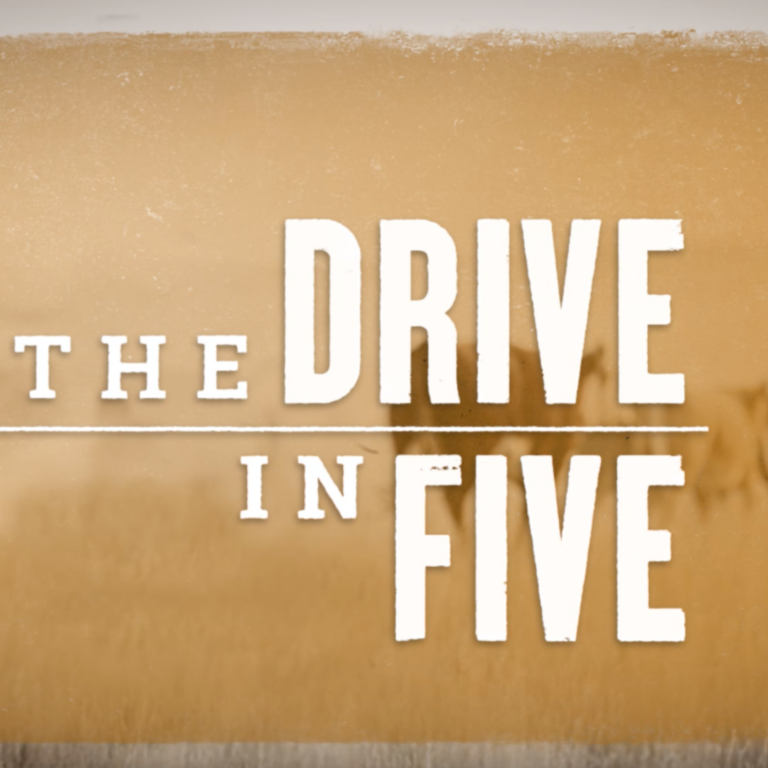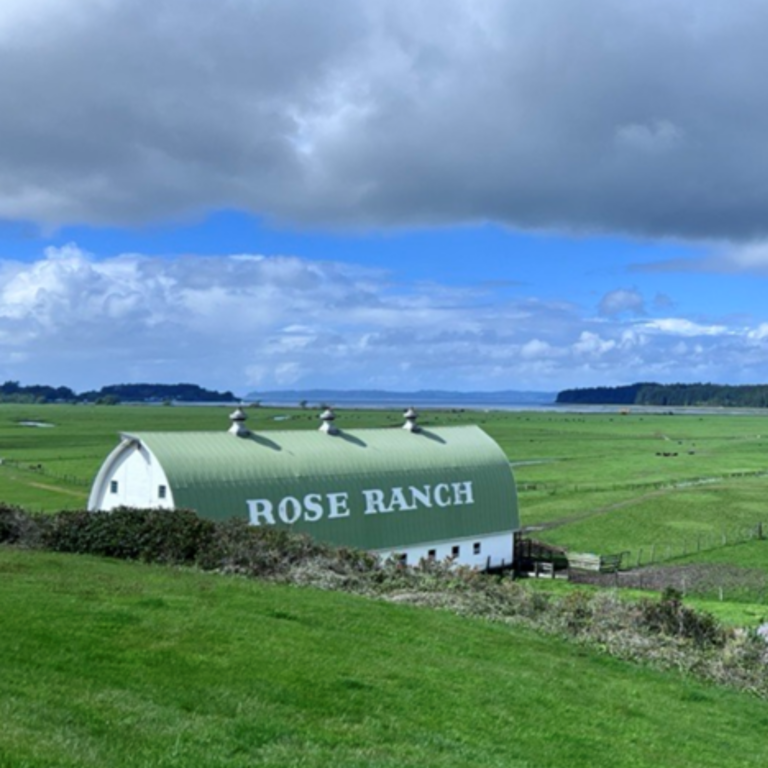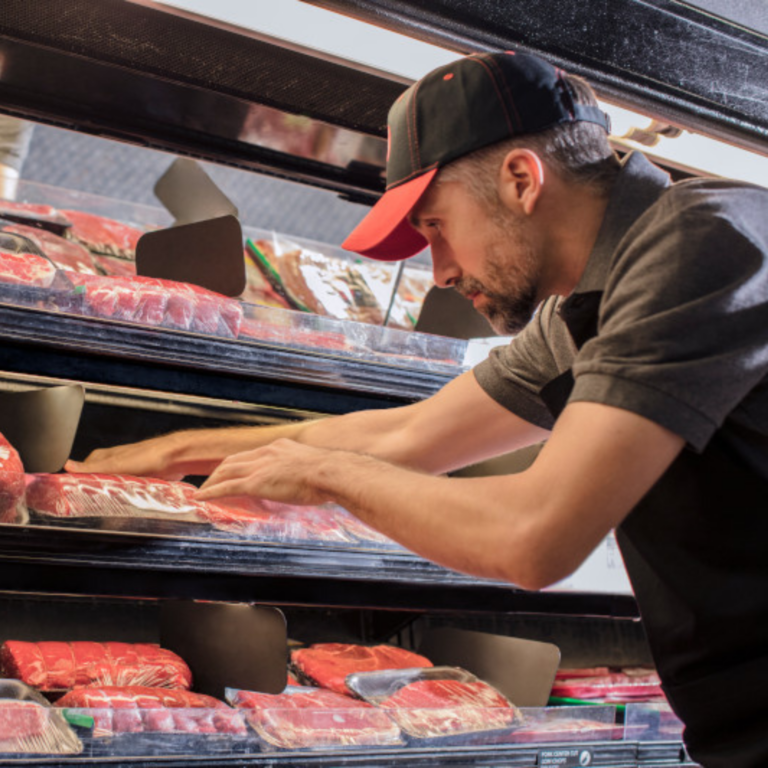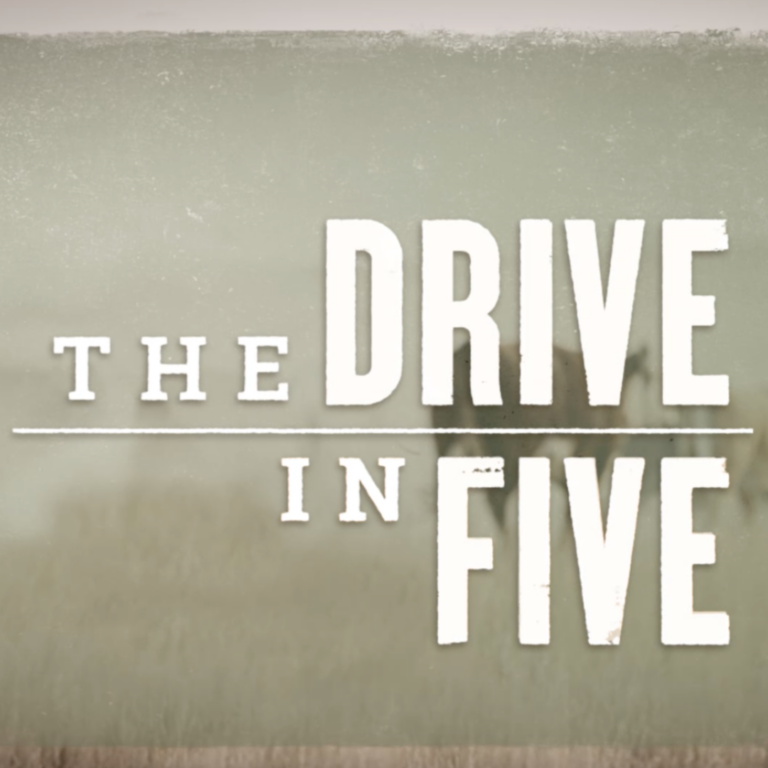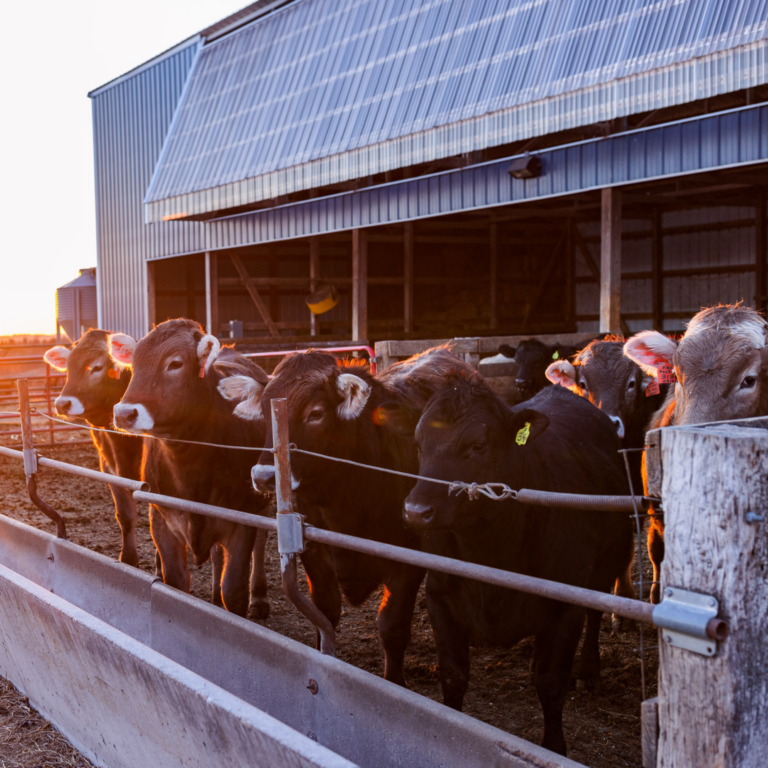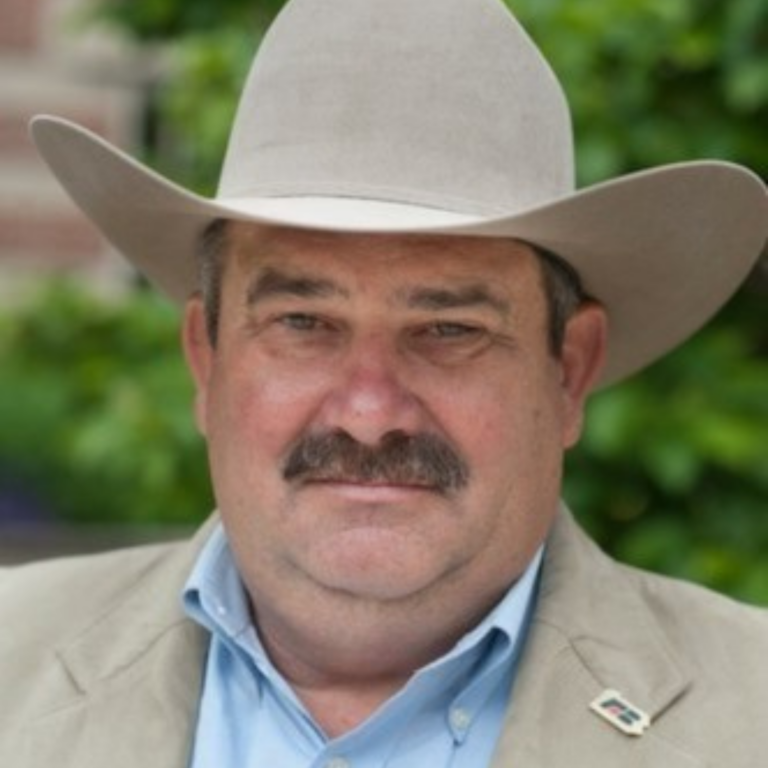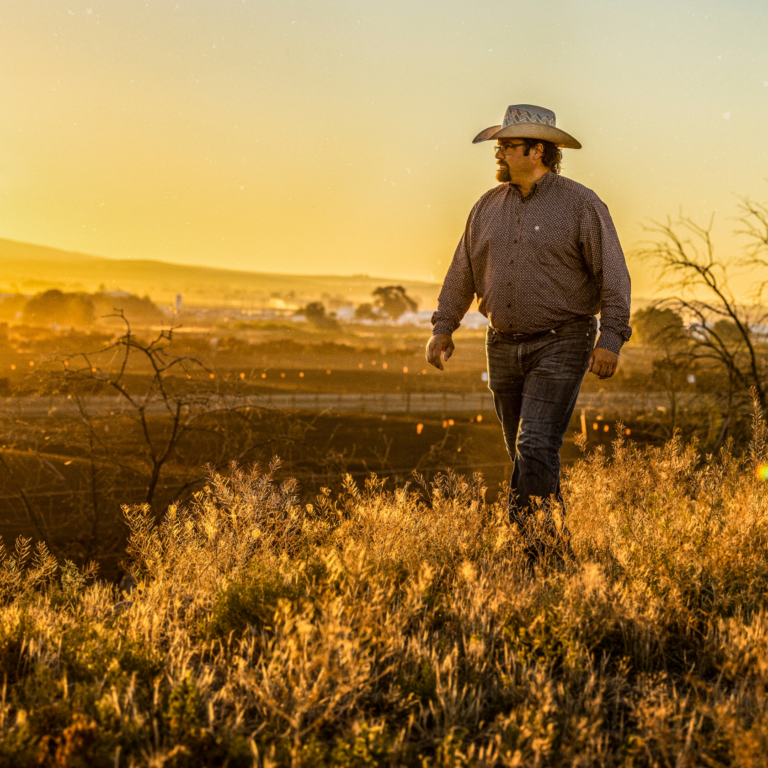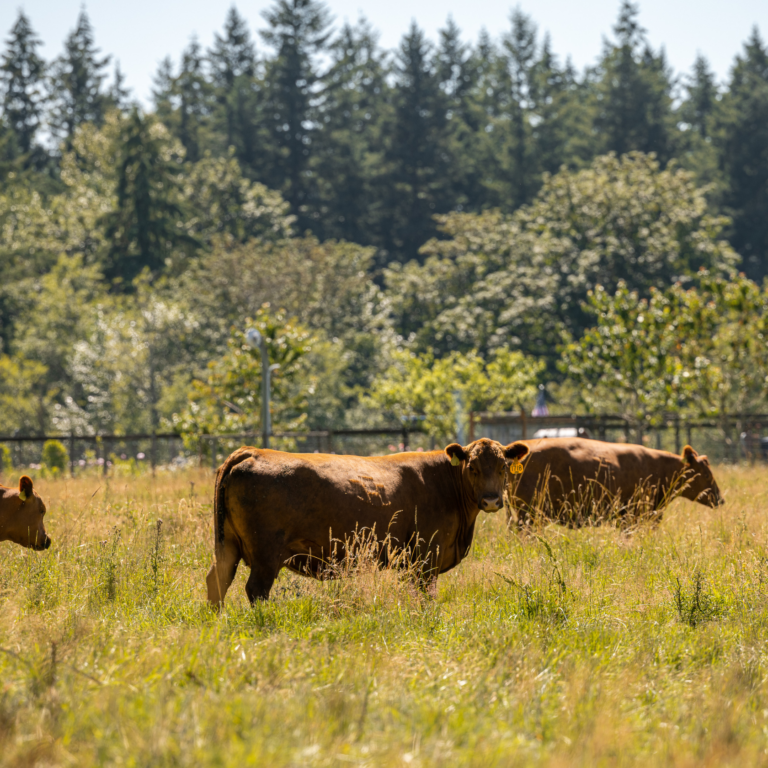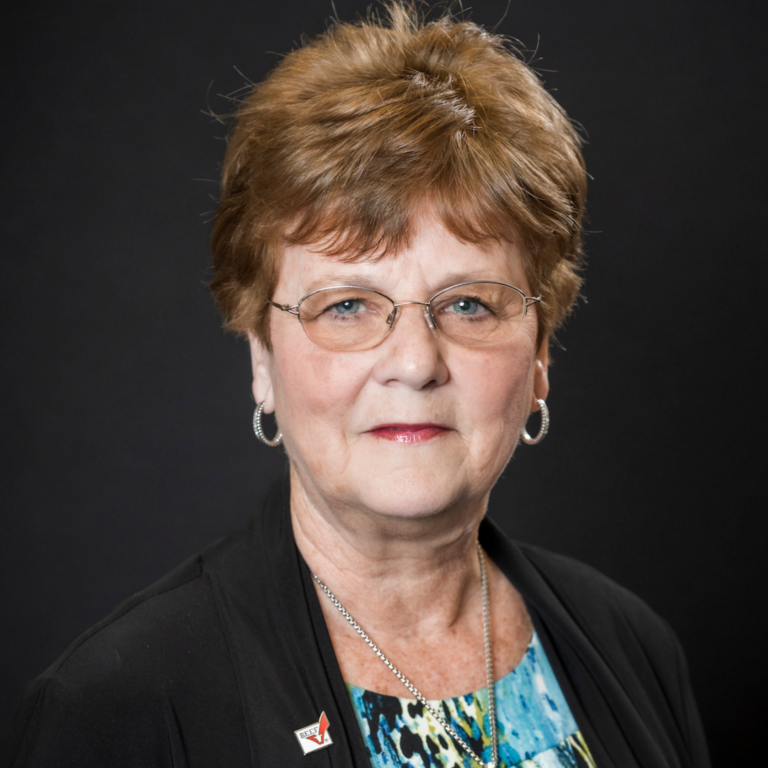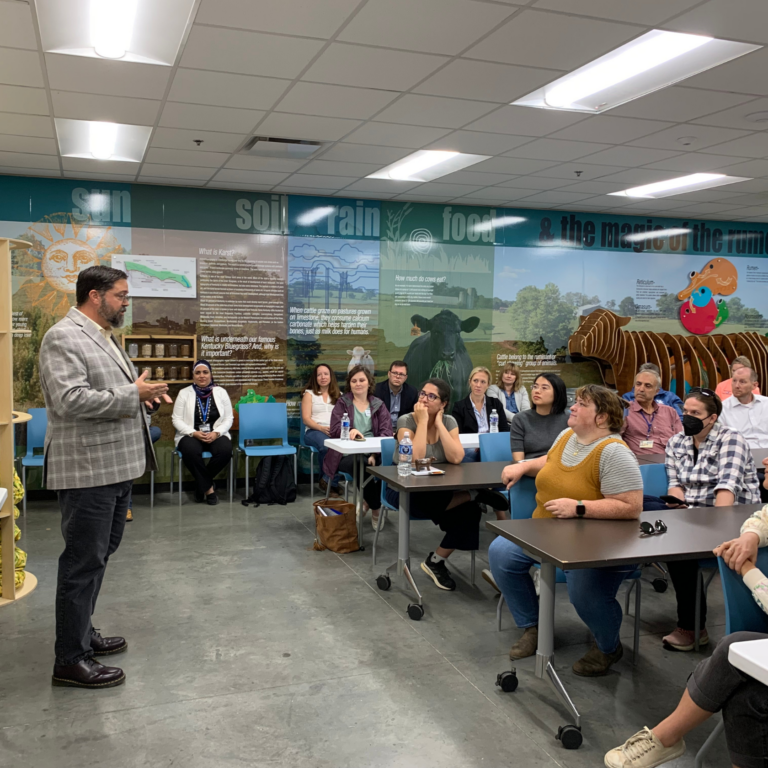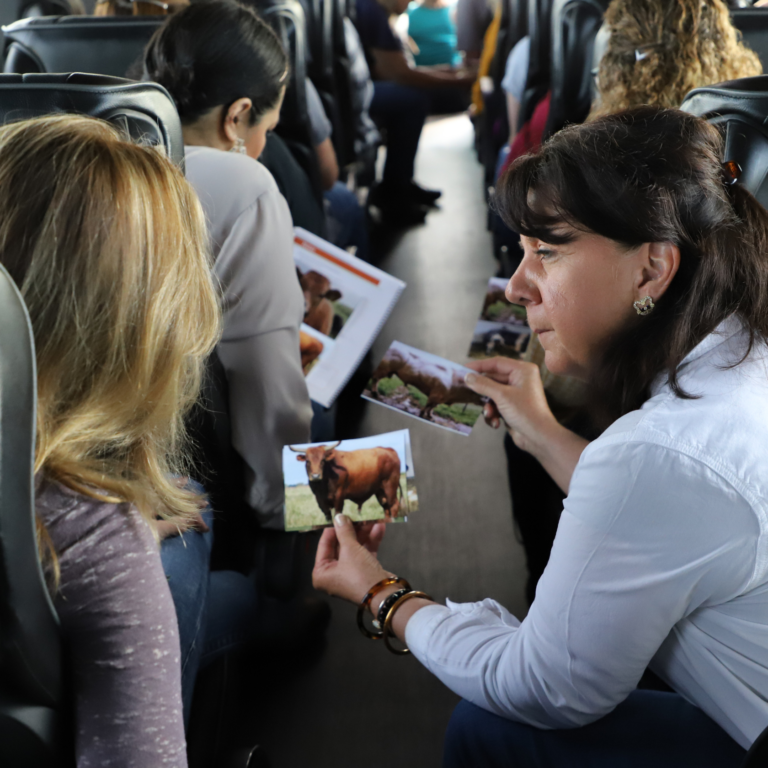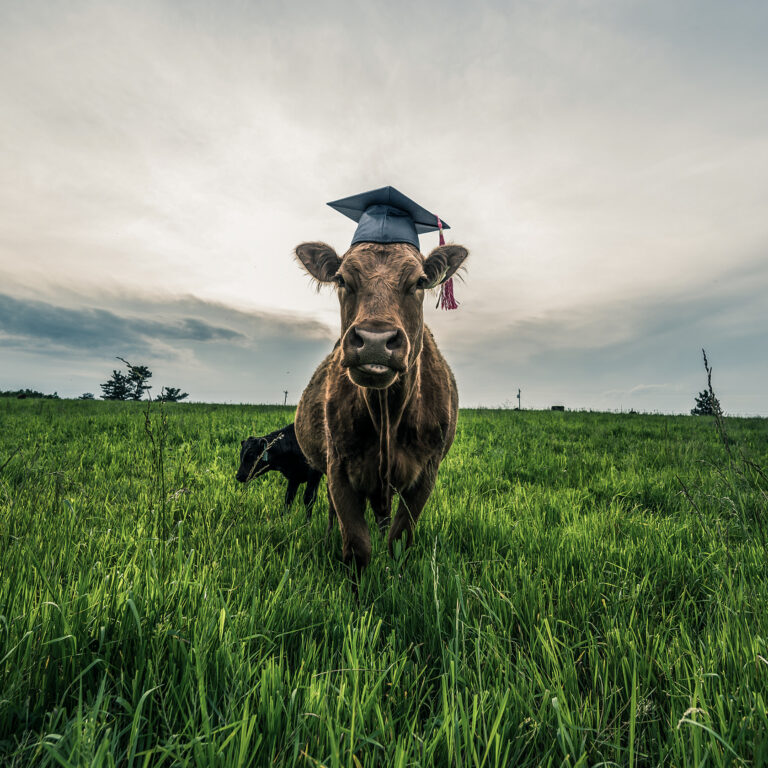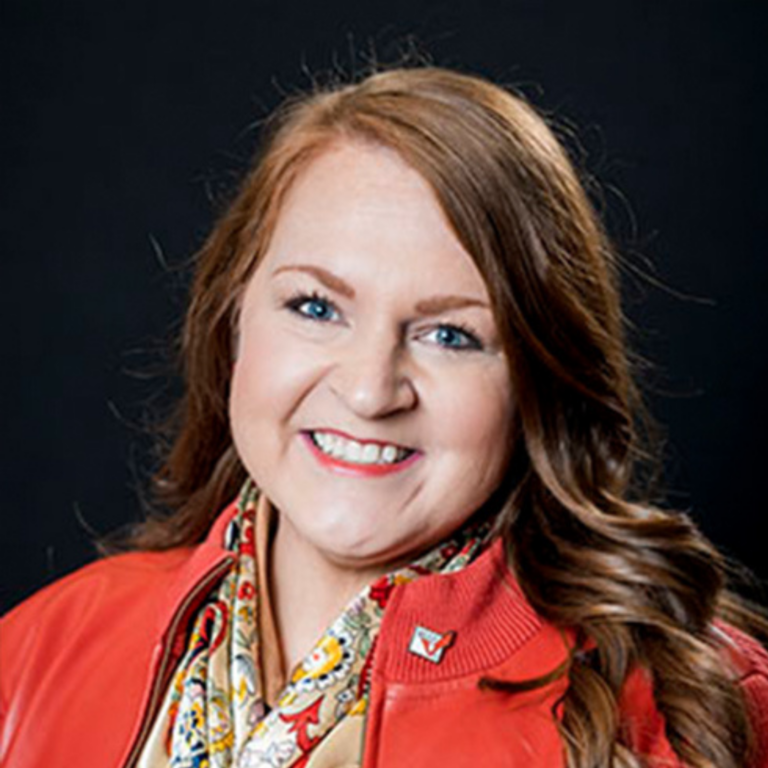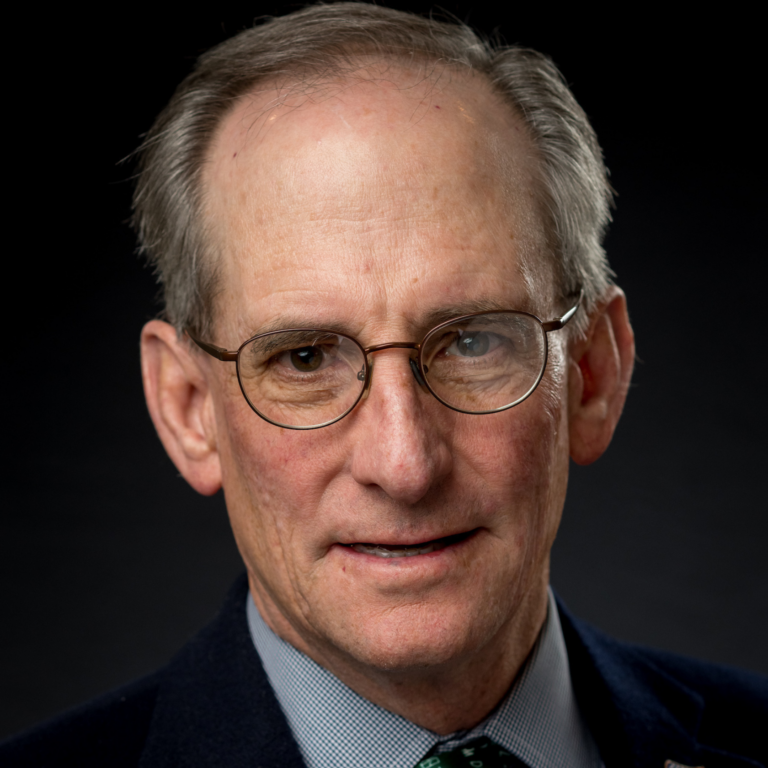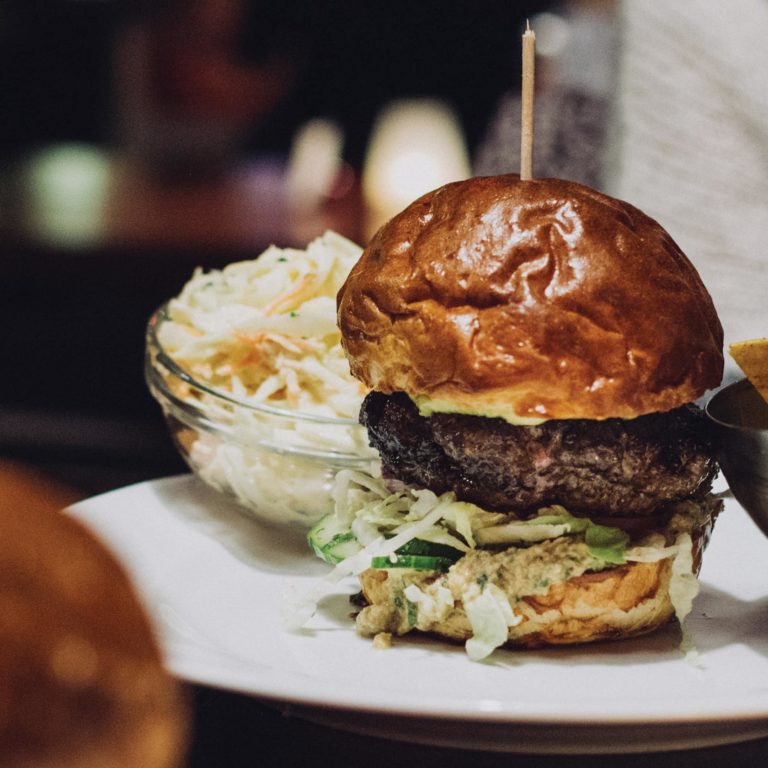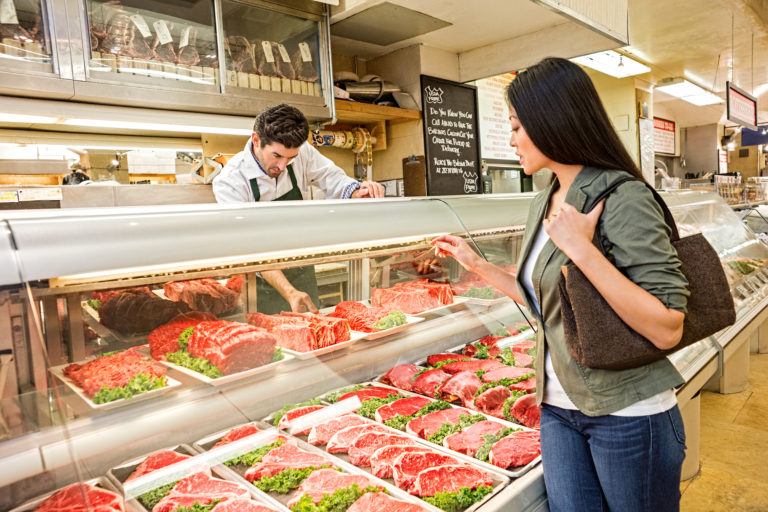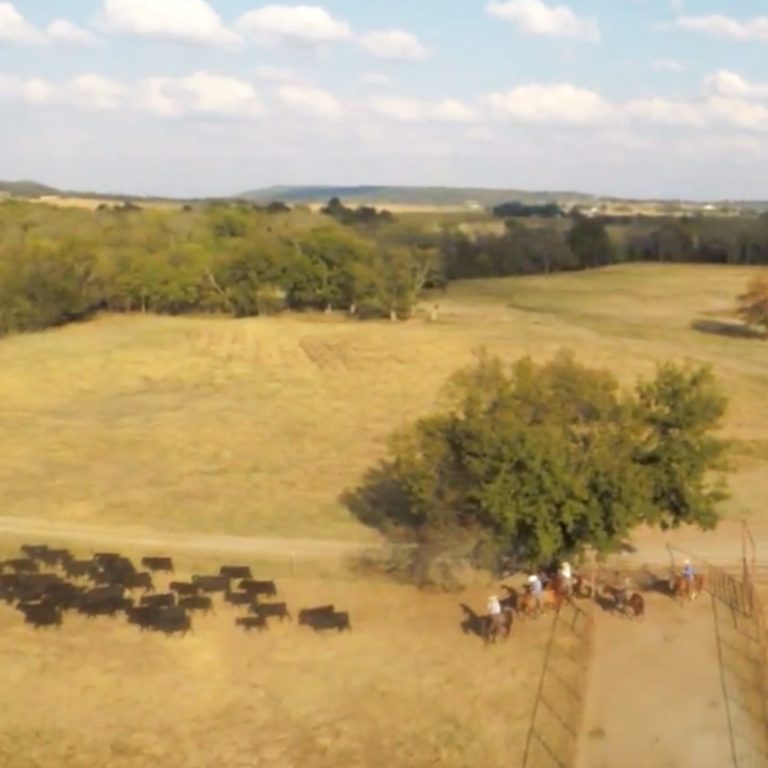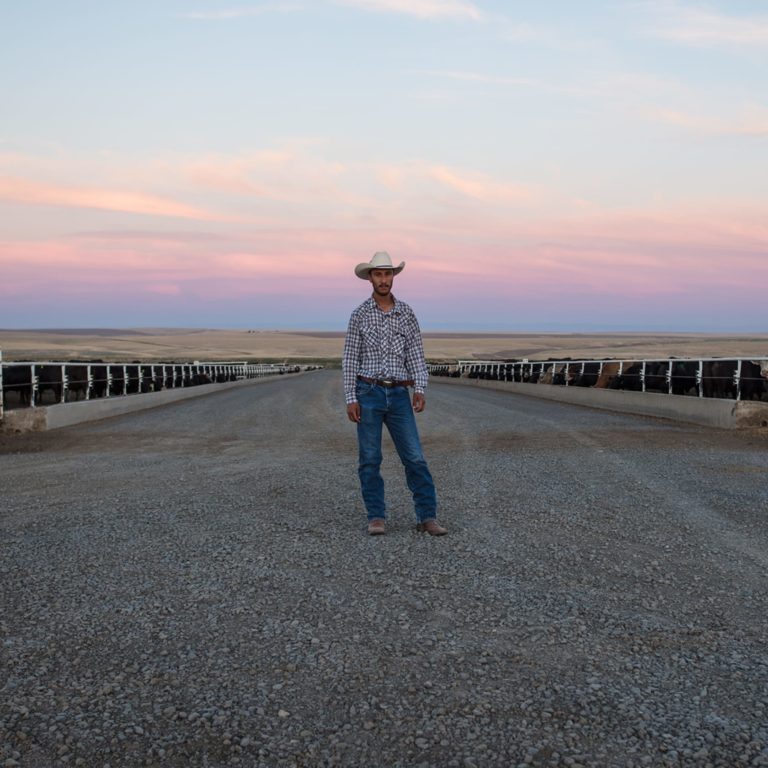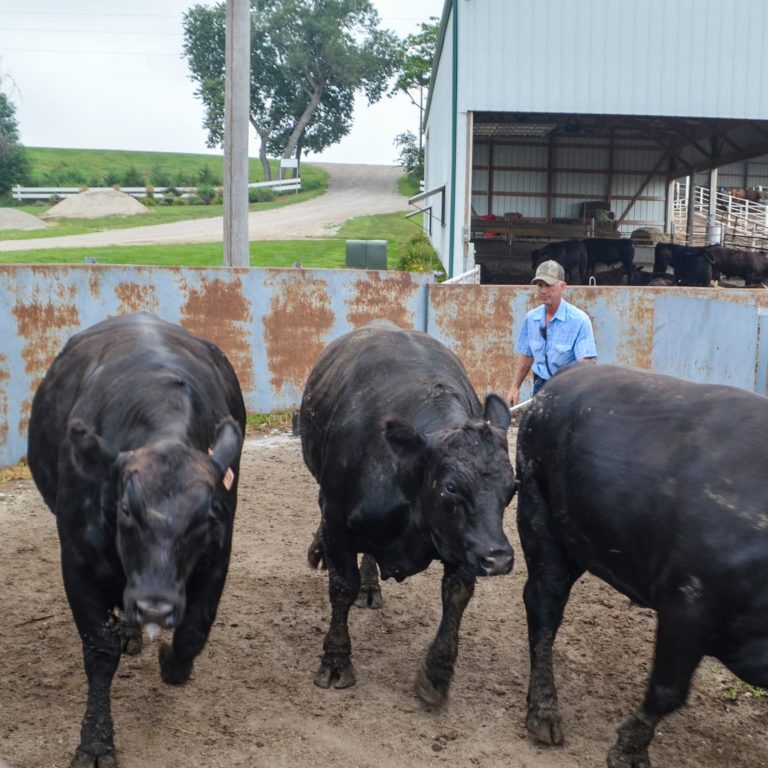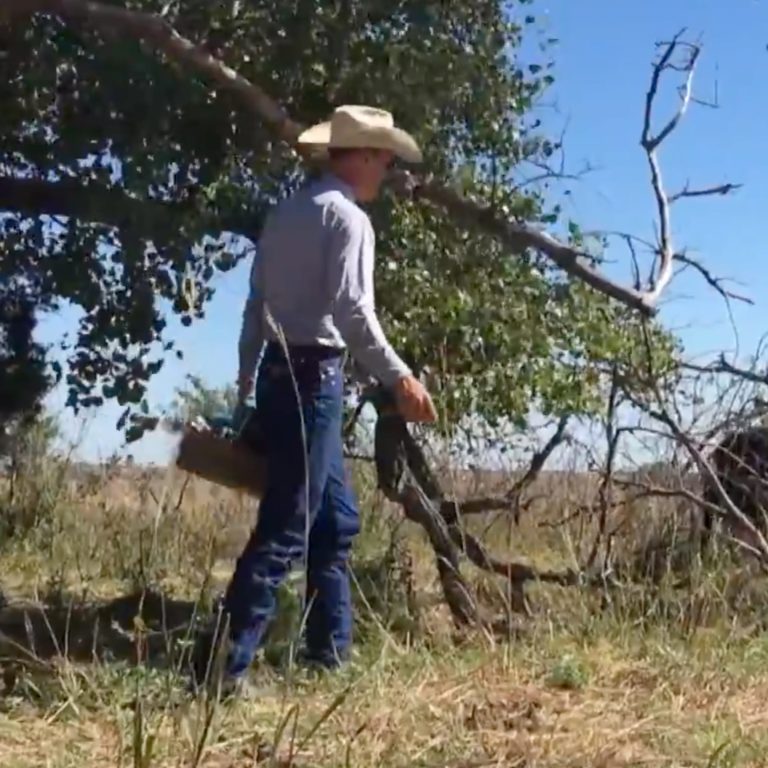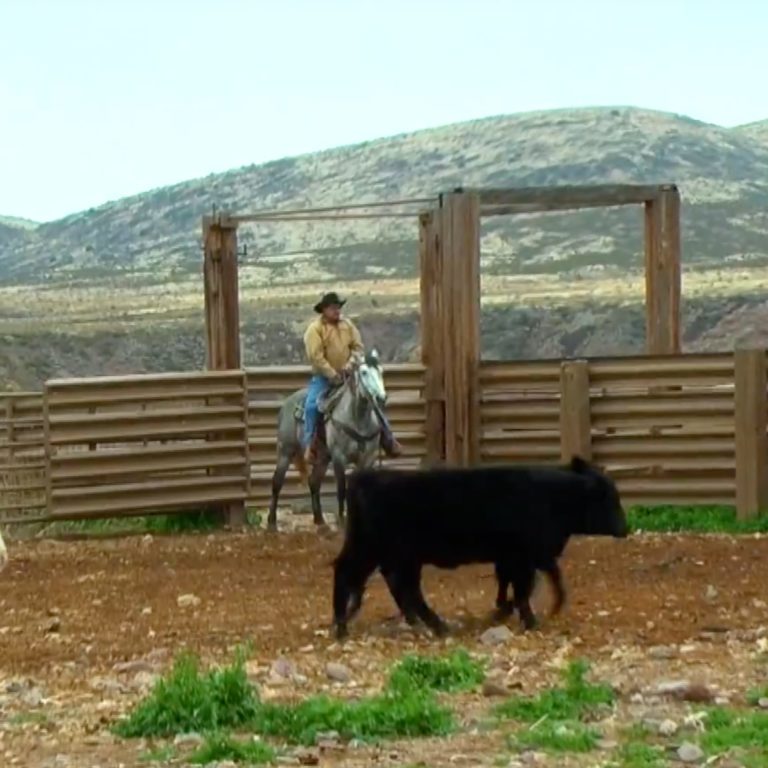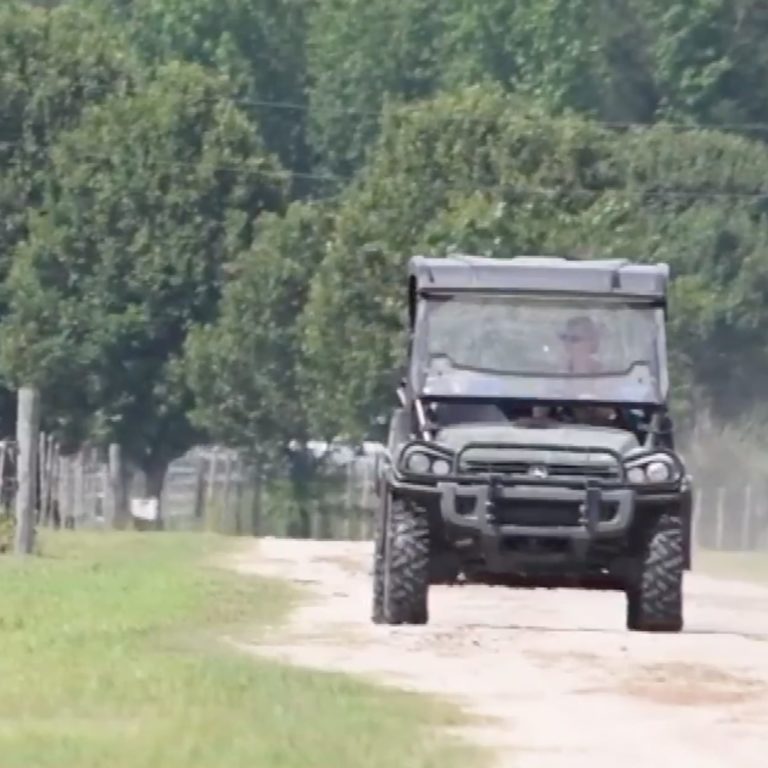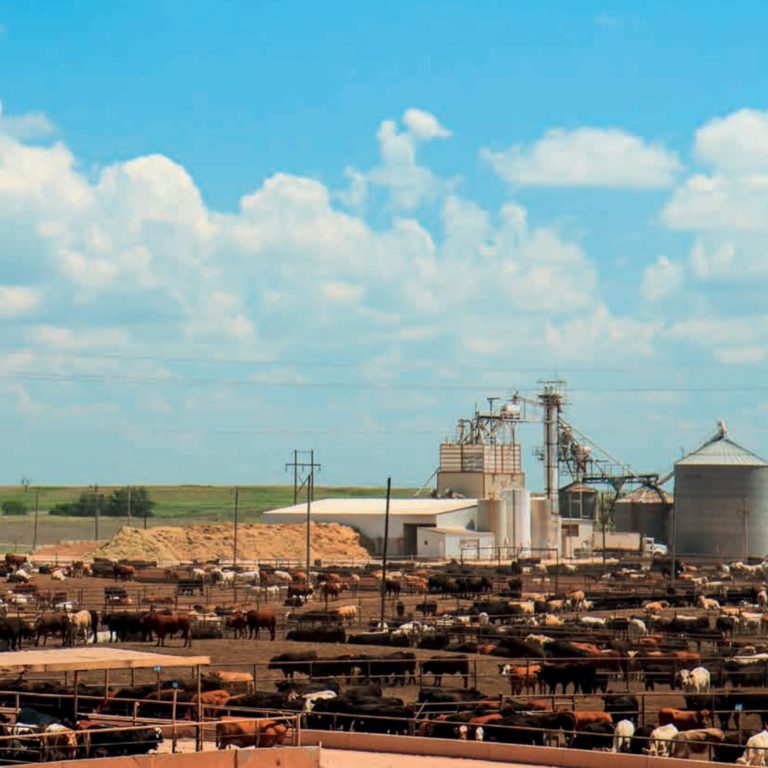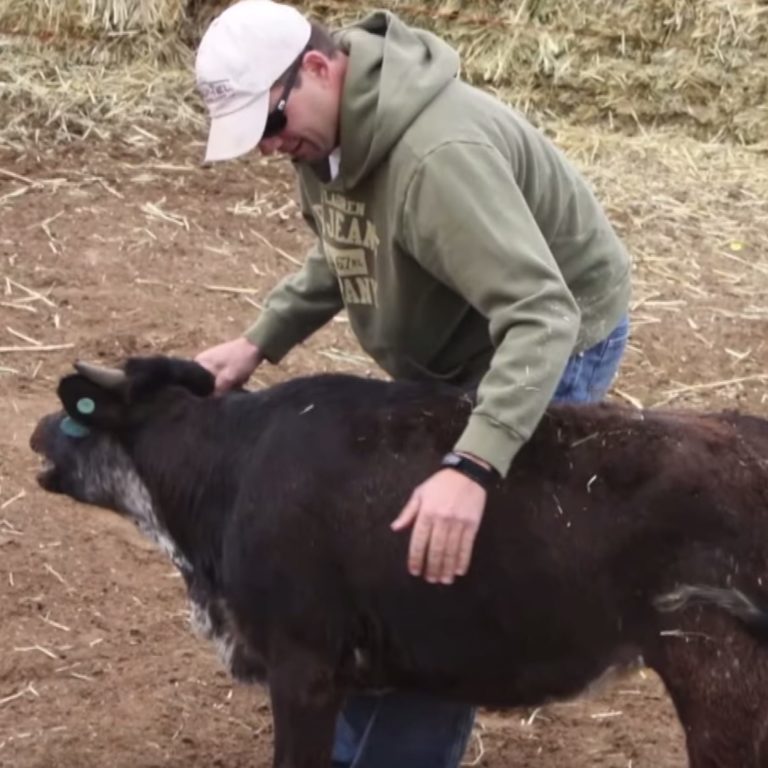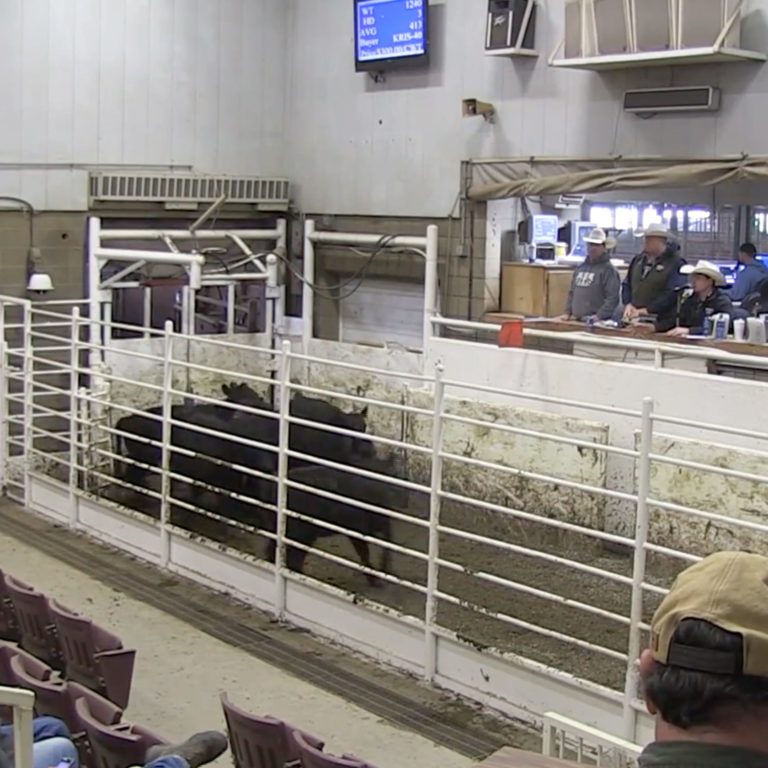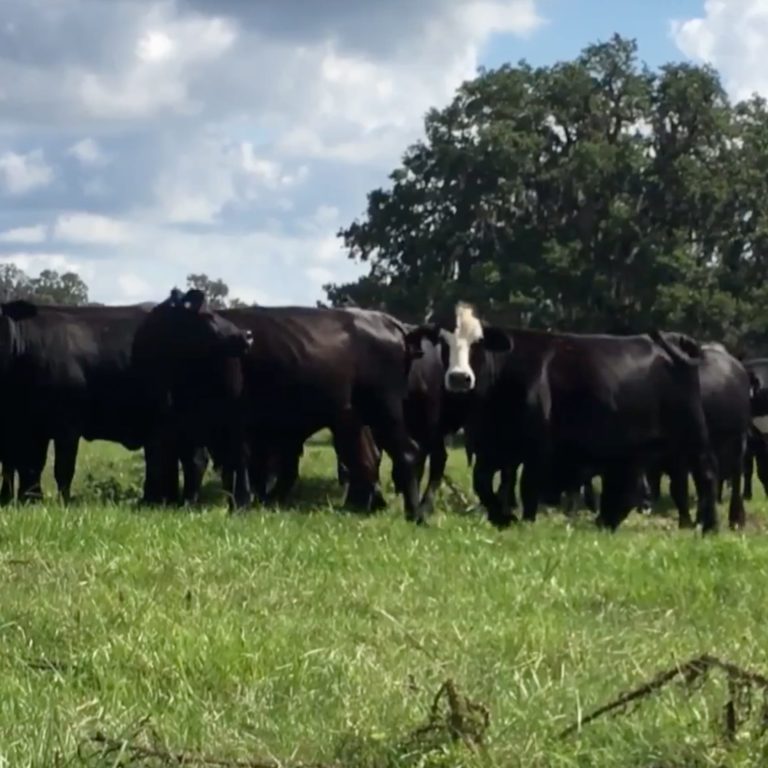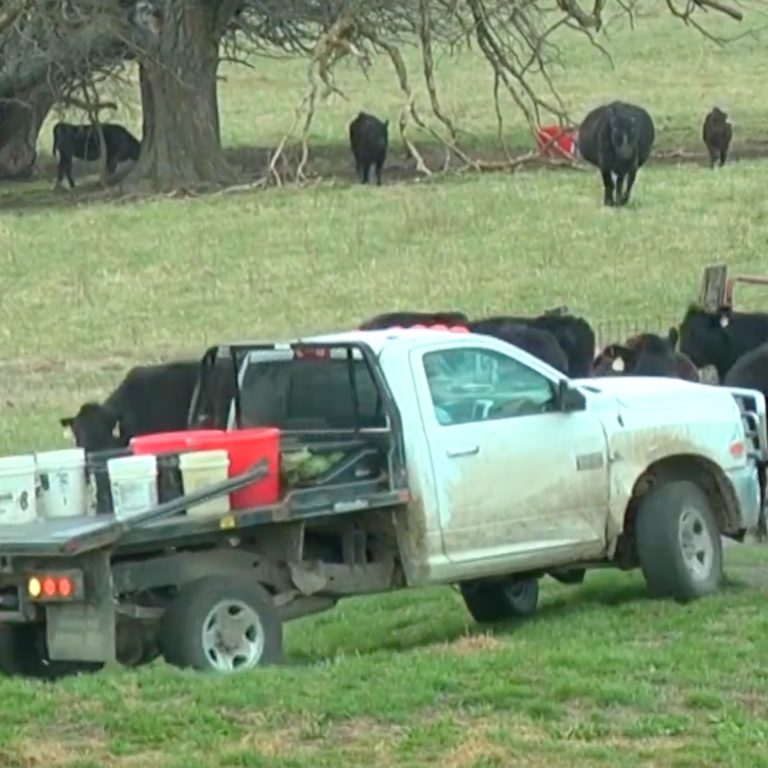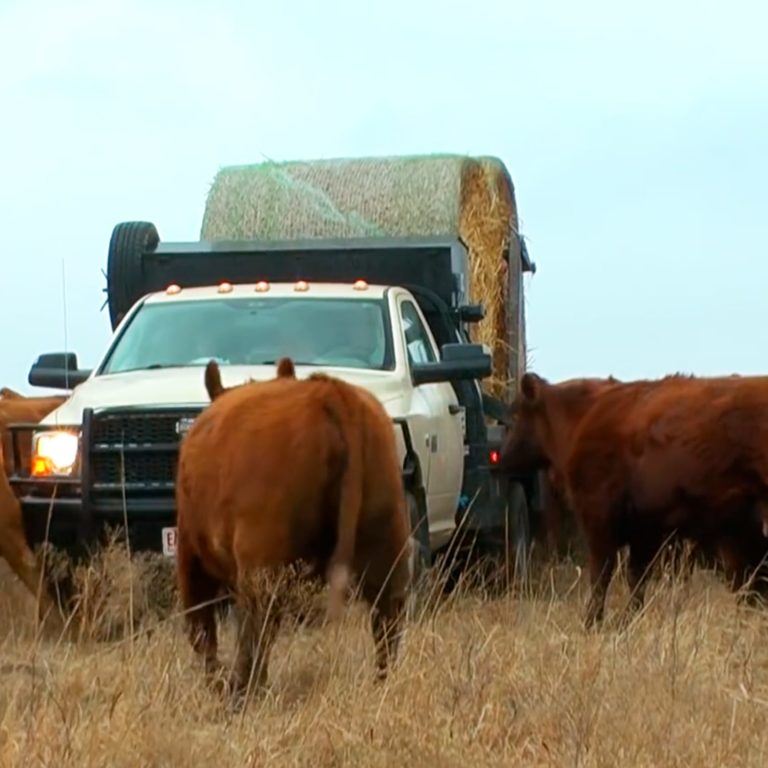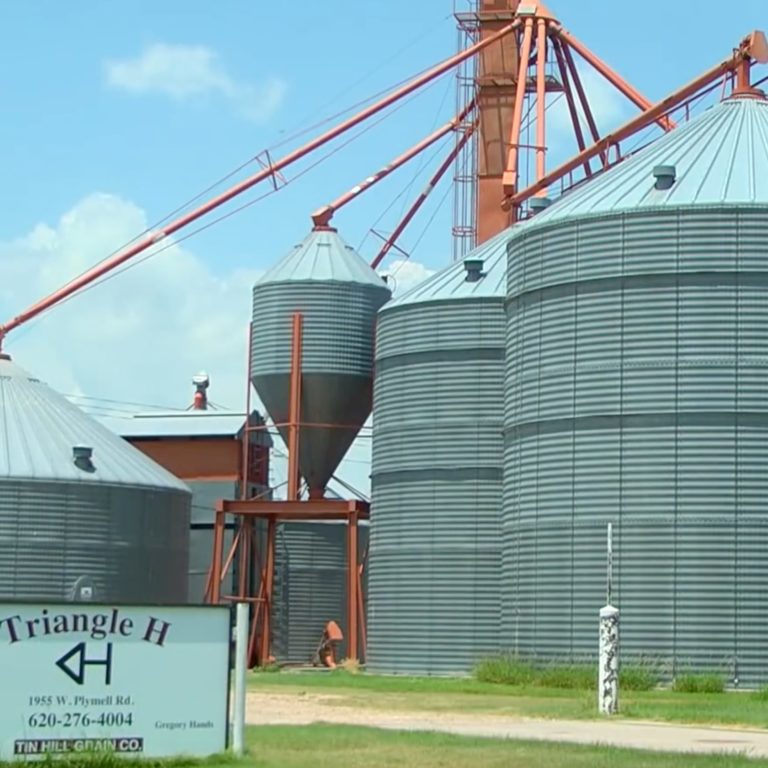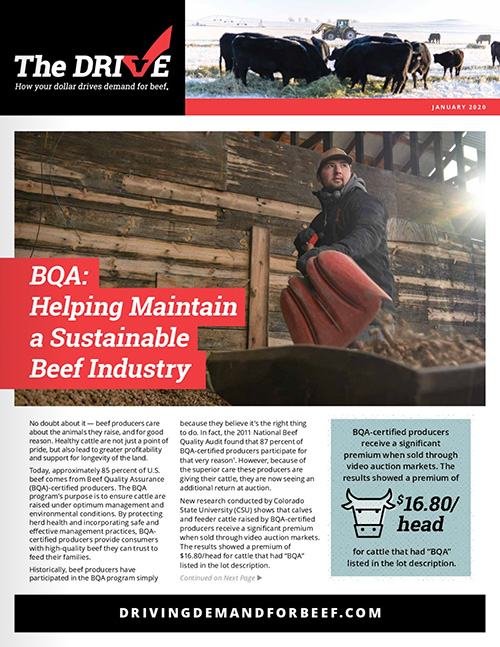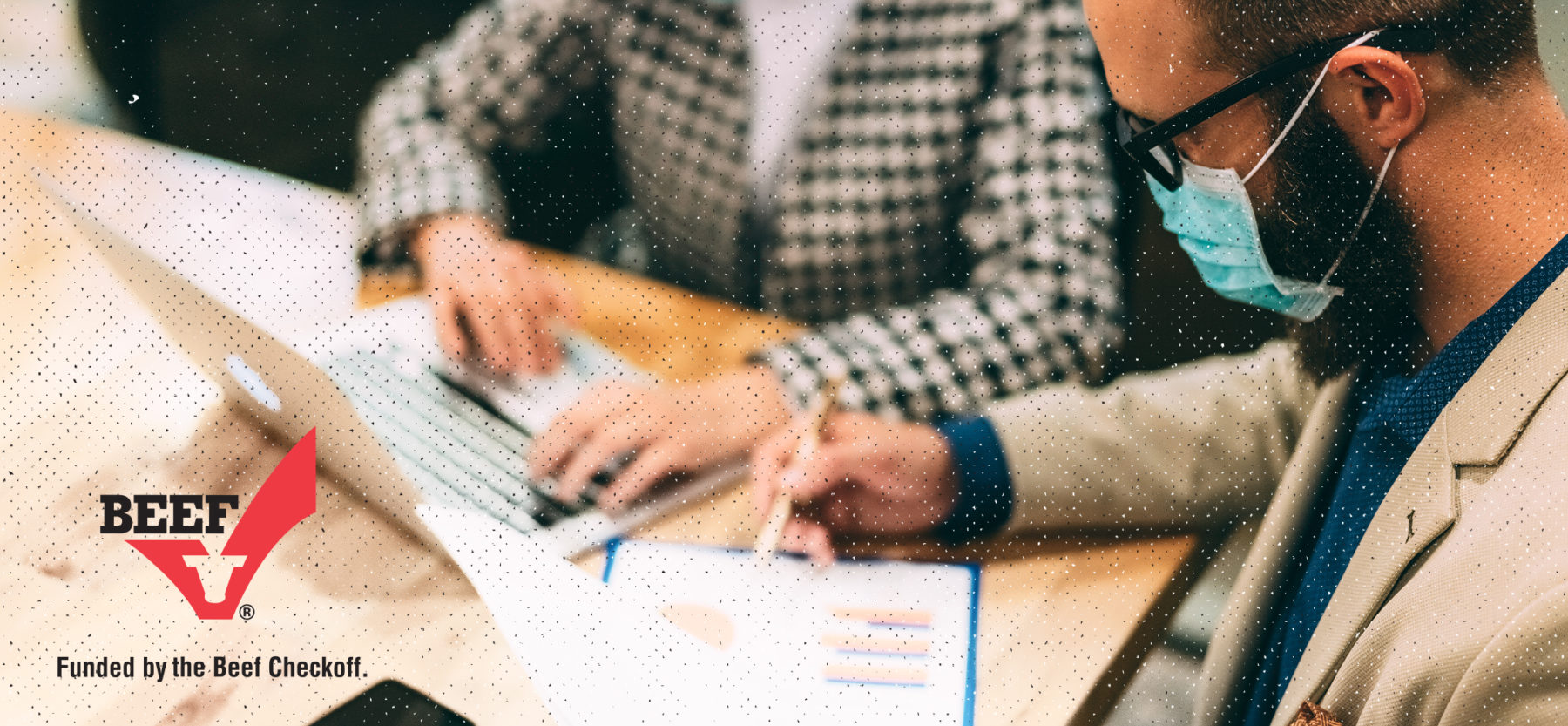
4 Ways Students and Teachers are Learning about Beef Production
The American Farm Bureau Foundation for Agriculture (AFBFA), a contractor to the Beef Checkoff, builds awareness, understanding and a positive public perception of agriculture through education. The foundation does this through multiple efforts and initiatives that involve both students and teachers. Here are some examples of how AFBFA incorporates beef production education into classrooms across the U.S. on behalf of the Beef Checkoff.
1. Beef Production Courses for Middle and High School Students
AFBFA successfully developed a curriculum to show how cattle farmers and ranchers implement sustainable practices and utilize science standards to produce high-quality beef from field to fork. The new curriculum pilot began in November 2019 in classrooms in Oregon, Georgia, Arizona, Oklahoma, Texas and Tennessee. Currently, the curriculum is being introduced nationwide through the National Science Teaching Association. Learn more about these courses.
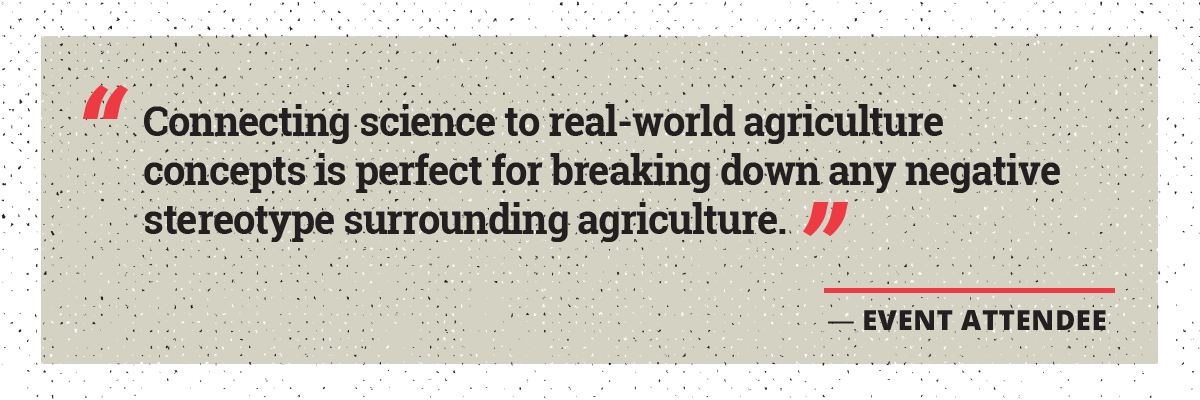 2. Beef E-Learning Courses for Educators
2. Beef E-Learning Courses for Educators
Two livestream events attended by more than 1,000 educators discussed how the beef production process provides an excellent context for exploring science. Teachers learned how selective breeding and genetics can be used to meet human needs and how cattle interact within a grassland ecosystem. Educators from the top 10 largest school districts in the U.S. engaged with the livestream events, including New York City, Chicago and Los Angeles, along with representation from more than 800 other school districts across the nation. Learn more about these events and see participant feedback.
“These were eye-opening events for many teachers who may not have considered the trade-offs of production practices and the science that drives those decisions. They began to see the nuances of production challenges rather than seeing those challenges and solutions as black and white,” said Brian Beierle, AFBFA program manager.
3. On The Farm Immersion for Educators
On The Farm STEM events are designed to help participants engage in purposeful dialogue while discovering real-world science education applications through the lens of farming and ranching. AFBFA engages all forms of science educators in these events, from traditional educators to non-traditional educators like outdoor learning center facilitators, museum education coordinators, STEM lab facilitators and health, nutrition and physical education teachers.
During the virtual September event, educators toured the Ruskamp feedlot near Dodge, NE and Dr. Chris Calkins’ meat lab at the University of Nebraska Lincoln. After each virtual video tour, educators connected with Joan Ruskamp and Dr. Calkins for question and answer sessions. During the event, AFBFA highlighted all of its beef resources and hosted a workshop with attendees to figure out ways to implement those materials in their classrooms. Explore the On the Farm STEM experience.
“Many educators were shocked at the in-depth knowledge and application of science involved in meat science. They were also astounded by the amount of engineering and design that goes into setting up and operating a feedlot and the great consideration ranchers take in land stewardship practices,” Beierle said.
4. State Beef Council Collaboration for Classroom Materials
AFBFA partnered with the New York Beef Council (NYBC) to provide New York teachers with classroom materials to facilitate instruction in beef production units. These kits included an ecosystem card set and chromosome/DNA modeling kits. AFBFA fully intends to partner with NYBC in the future and replicate this model with other states as a fiscal year 2021 initiative.
Whether through in-person or online interactive events, classroom materials or science course curriculum, AFBFA integrates beef production into today’s education system so consumers can understand and support beef production and the hardworking men and women who produce beef.
The Beef Checkoff program was established as part of the 1985 Farm Bill. The checkoff assesses $1 per head on the sale of live domestic and imported cattle, in addition to a comparable assessment on imported beef and beef products. States may retain up to 50 cents on the dollar and forward the other 50 cents per head to the Cattlemen’s Beef Promotion and Research Board, which administers the national checkoff program, subject to USDA approval.





